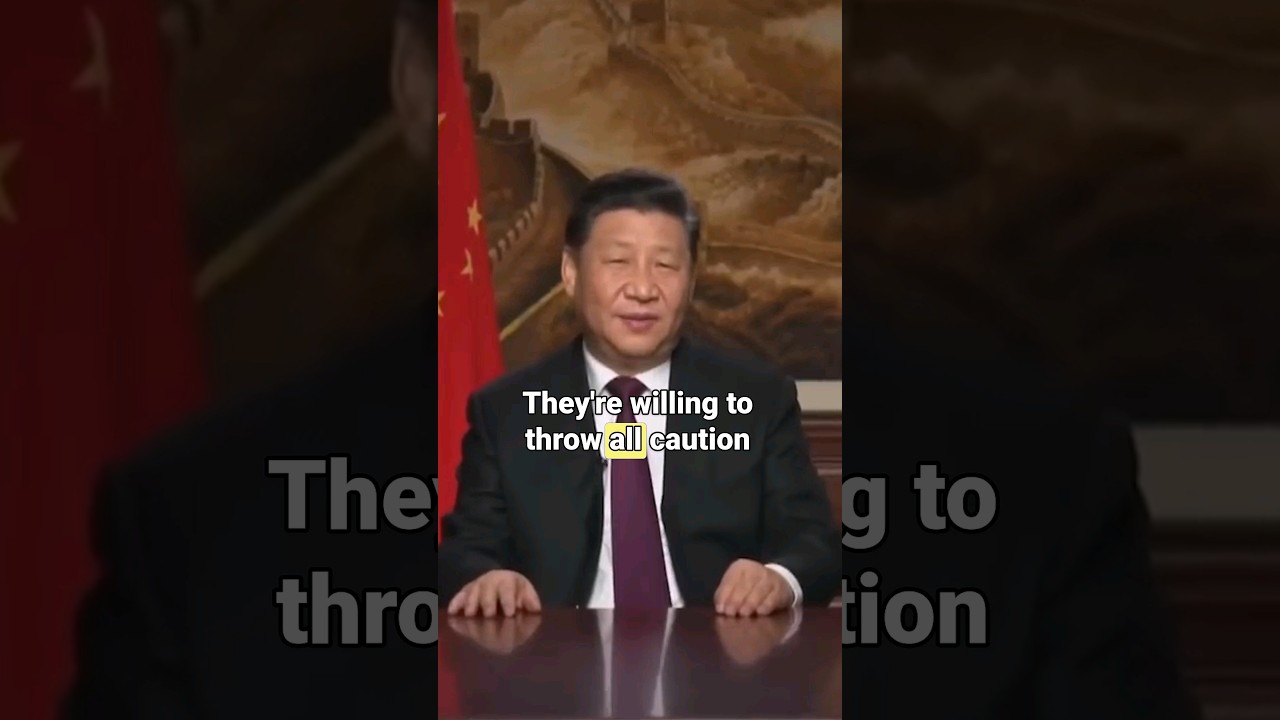The speaker expresses concerns about China potentially achieving Artificial General Intelligence (AGI) before the United States due to aggressive efforts by the Chinese government. They advocate for the US and its allies to focus on securing advancements in AGI, building technological superiority to deter China from engaging in an arms race, and promoting diplomatic engagement to ensure stability and cooperation in the AI race.
The speaker expresses concern about the possibility of China achieving Artificial General Intelligence (AGI) before the United States. They emphasize the aggressive efforts of the Chinese government, including infiltrating American AI labs with billions of dollars and thousands of people, to advance in this technology. The speaker warns about the potential consequences if China were to gain a significant lead in AGI, describing a world where they could dominate and potentially create unstable and dangerous situations with new military technologies and weapons of mass destruction.
To counter this threat, the speaker suggests that the United States and its democratic allies should focus on securing their own advancements in AGI. They propose building a 100 gigawatt cluster in the US to demonstrate technological superiority and establish a clear lead over China. The goal is to create a situation where it is evident that the United States and its allies will win the race for AGI, thereby deterring China from engaging in a volatile arms race or escalating tensions in the future.
While the speaker primarily discusses the threat posed by China, they also mention Russia and North Korea as countries with formidable hacking capabilities that could impact the race for AGI. The speaker highlights the importance of not only addressing the challenges posed by China but also being mindful of other potential adversaries in the field of artificial intelligence. This broader perspective underscores the complex geopolitical landscape surrounding AGI development and the need for strategic planning and cooperation among democratic nations.
The speaker advocates for a diplomatic approach towards China once the United States and its allies have established a clear lead in AGI. They suggest offering China a deal to avoid a volatile arms race and instead promote stability and cooperation in the development of AI technologies. By presenting a united front with democratic allies and demonstrating technological superiority, the speaker believes that the US can influence China to pursue a more collaborative and less confrontational path in the AI race.
In conclusion, the speaker stresses the importance of strategic planning, technological advancement, and diplomatic engagement in navigating the race for AGI. By focusing on securing technological secrets, building alliances with democratic nations, and promoting cooperation with potential adversaries like China, the speaker proposes a proactive approach to ensuring a more stable and secure future in the realm of artificial intelligence.
